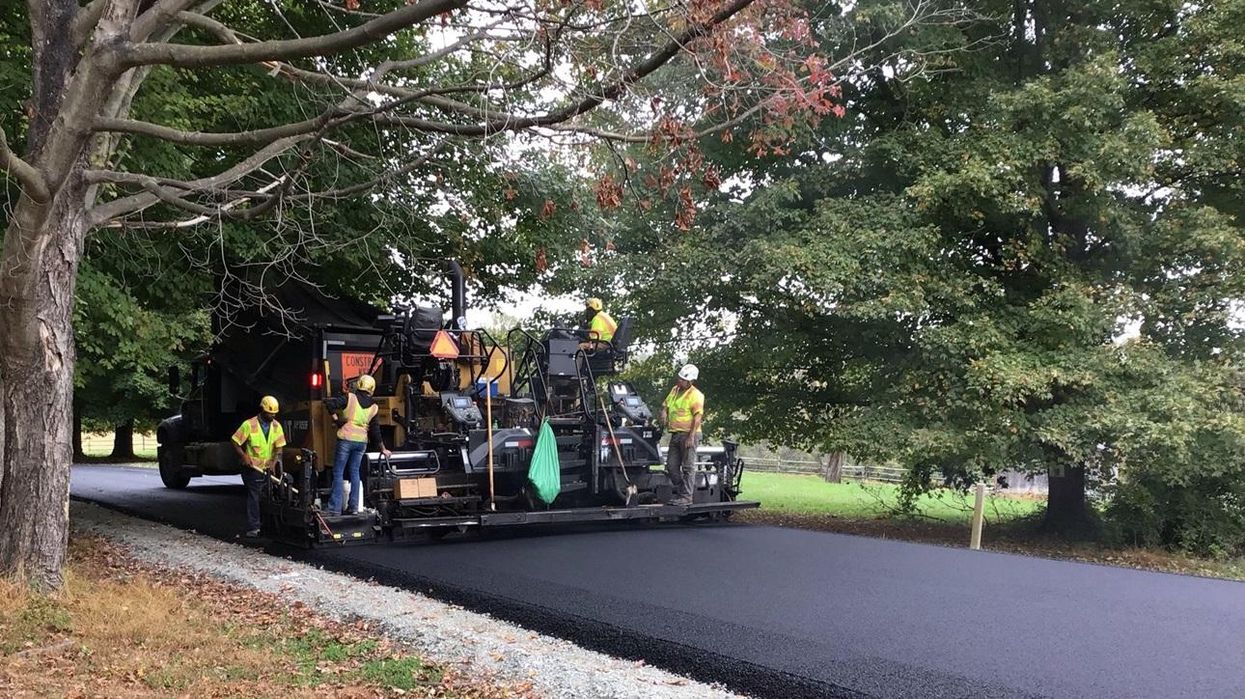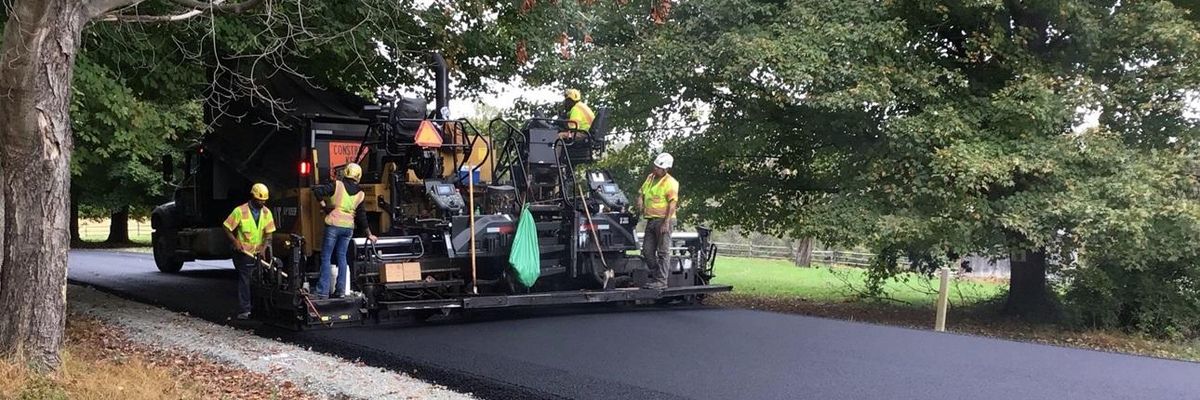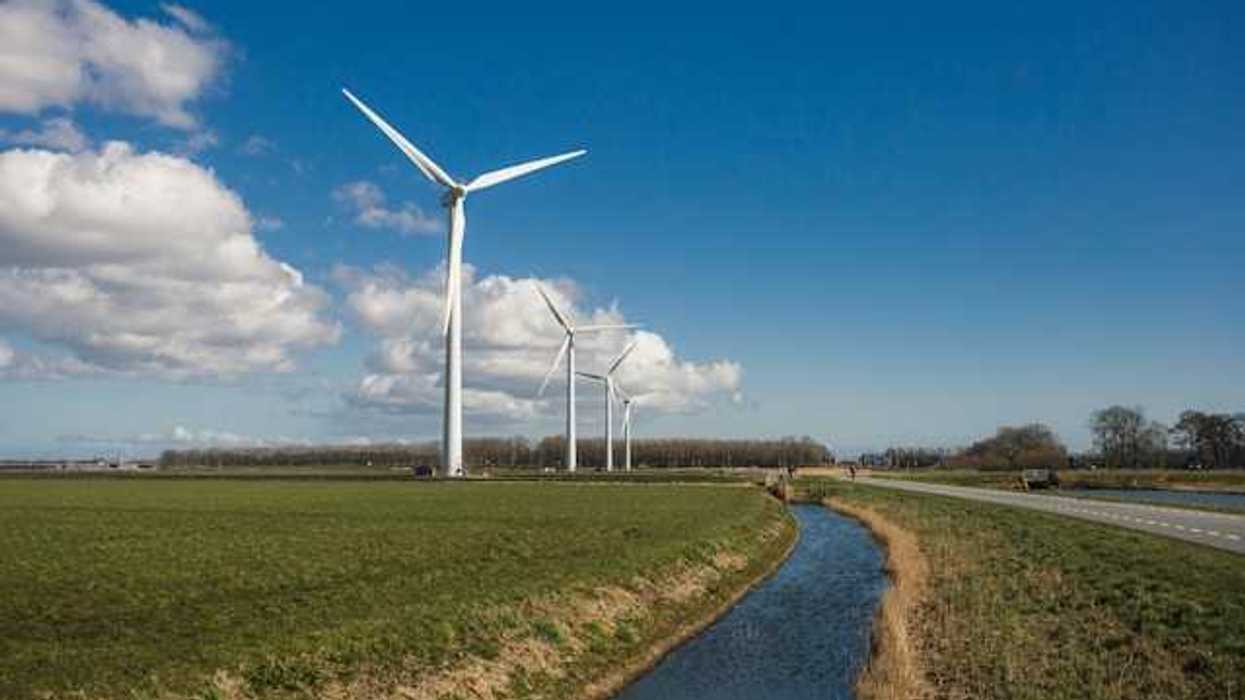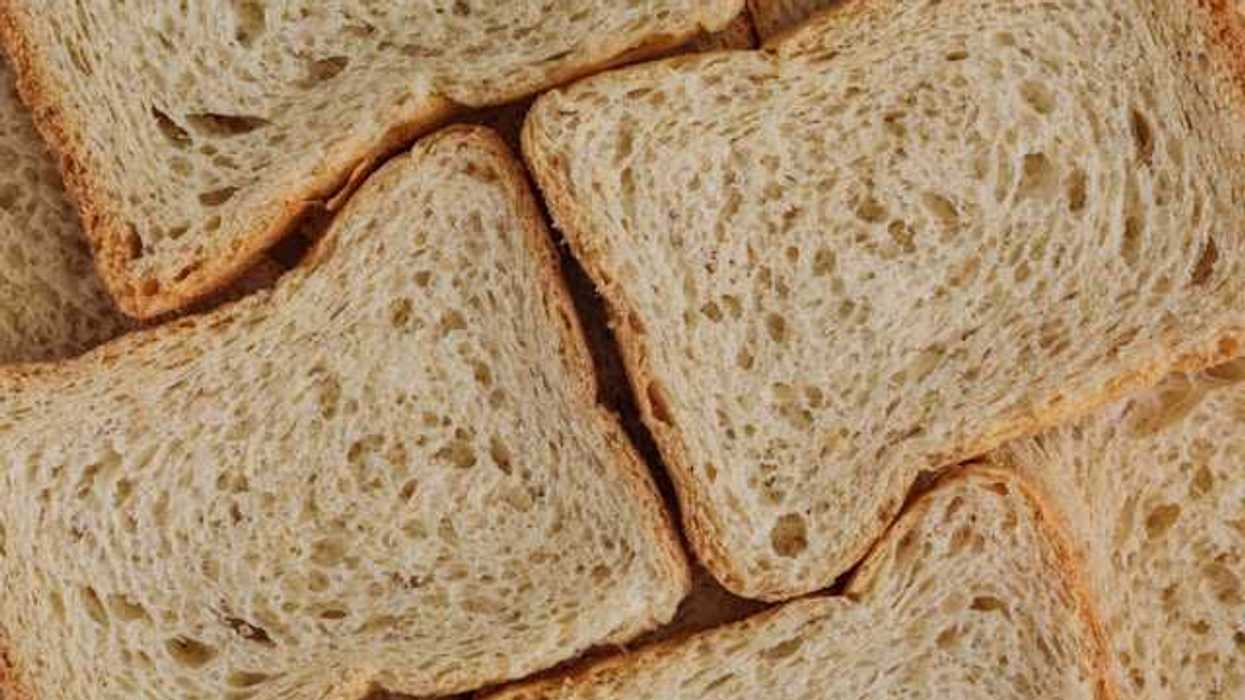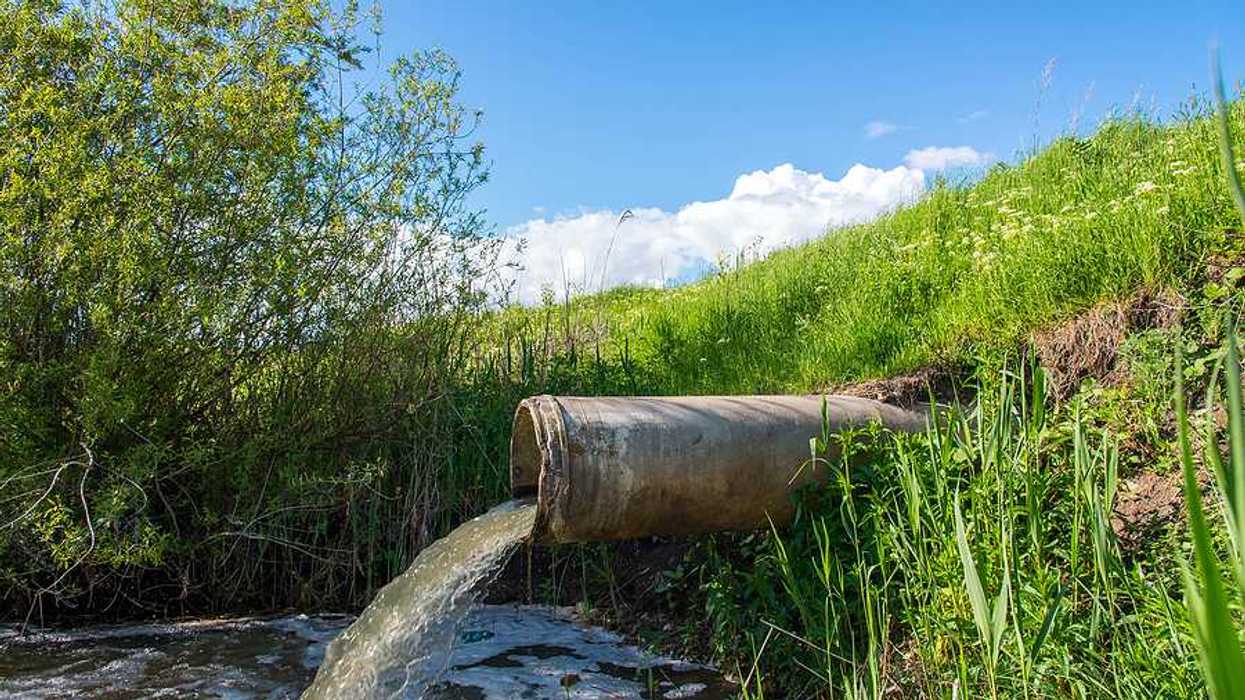This past weekend The Daily Progress — a newspaper in the Charlottesville, Virginia, area where I live — published a story that disturbed me.
The paper, along with other publications, republished a piece originally from The Pew Charitable Trusts’ Stateline titled, 'Plastic Roads' Are Paved With Good Intention. It outlines how state transportation officials across the U.S. are testing out discarded plastic in pavement.
As I read the article, two thoughts came immediately to mind: The old proverb, “the road to hell is paved with good intentions” and the old Peter, Paul and Mary line “Oh when will they ever learn” in their classic song “Where Have All the Flowers Gone?”
I have studied the human and wildlife effects of chemicals that leach from plastics for more than 30 years. I actually provided invited testimony on December 15 before a U.S. Senate subcommittee on chemical safety about plastics and health. You can watch that below.
Adding plastics to roads, even with the best of intentions, is guaranteed to create a massive source of nano- and microplastics, which leach into every nook and cranny of the environment, and all parts of human and wildlife bodies. We have a hard time managing big plastic waste items — once they become micro- or nano- they are impossible to recover. They will pollute for hundreds of years, if not a lot longer. While I’m all for science, the testing being done at the University of Missouri, as described in the article, is not necessary. We already know what will happen.
Roads abrade because of friction from tires. It is unavoidable and is why they need to be repaved every few years. But building roads out of plastic is literally “a road to hell.”
Plastic laden roads will probably abrade faster. All too often today’s seductive solutions become tomorrow’s problems. When will we ever learn that simple truth?
Pete Myers is the founder and chief scientist of Environmental Health Sciences, publisher of EHN.org and DailyClimate.org.
- Pete Myers: Our failure on fertility ›
- Pete Myers: Peering into the Plasticene, our future of plastic and plastic waste. ›
- WATCH: Pete Myers addresses US Senate committee on the dangers of plastic ›
- Lawmakers push Biden administration to act faster on plastic pollution - EHN ›
- WATCH: Pete Myers and Tyrone Hayes reflect on the tremendous progress in the environmental health field - EHN ›
- Recycled plastics contain more chemicals than original plastics, study finds - EHN ›

